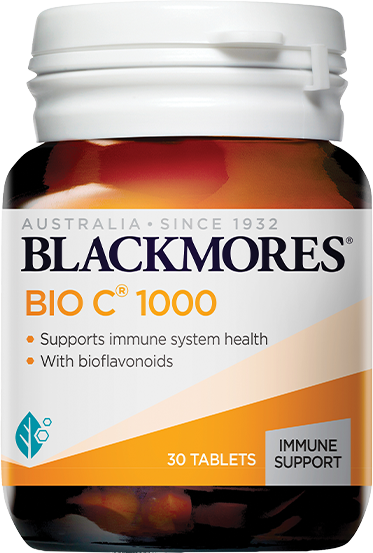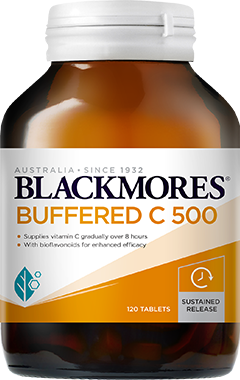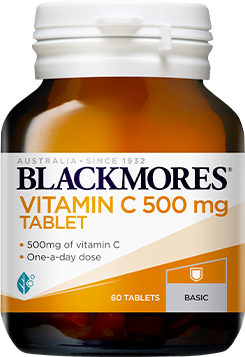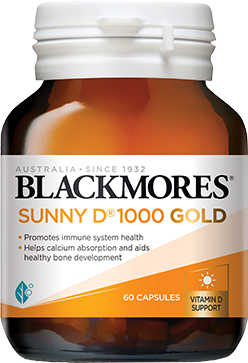Exercise & the immune system
Exercise can have both a positive and negative impact on immune function, and striking the right balance can be a challenge for many fitness enthusiasts.The relationship between exercise and immune function is best described as a J-shaped curve, where moderate activity may be beneficial, yet sedentary or excessive behaviour has the opposite effect.
So while regular exercise is thought to enhance immune function by stimulating a recirculation of cells from the immune system and decreasing the risk of infection, you can get too much of a good thing - prolonged high-intensity activity and high training volumes have been linked to reduce immune function, inflammation and oxidative stress.
How much should you exercise for a healthy immune system?
Upper respiratory tract infections (URTI) can be used as one measure of immune function.The impact of exercise on your susceptibility to colds and sinusitis has been examined by a study published the British Journal of Sports Medicine.
It was found that high levels of physical fitness and near-daily cardiovascular activity reduced the frequency of URTI by just over 40% over a 12 week period. The severity of symptoms was also reduced by over 30%.
An additional study on exercise and immune function published in the Journal of Applied Physiology reviewed a number of scientific studies on the subject.
The author revealed that post-exercise immune function depression is most pronounced when the exercise is continuous, prolonged (longer than 1.5 hours), of higher intensity (55–75% of maximum capacity), and performed without food intake. It was also noted that periods of intensified training lasting a week or longer can result in longer lasting immune dysfunction (just like the J-Curve).
However, they also noted that people who are physically active on a regular basis experience a reduction in the levels of biomarkers that are used to assess systemic inflammation, a known marker of disease.Putting it in to practice
For most people, the impact of exercise on your immune system is likely to be positive. For those who are sedentary, or who train at the level of an elite athlete, there may be negative implications.Here are 5 tips to help you strike the right balance between rest and play:
-
Cycle your training
If you do participate in high intensity training, balance it out with rest days or days with low intensity training. It's also wise to include cross training in your routine (participating in a variety of different activities) and periodise your training (different phases of intensity and volume that are planned over months) -
Include high nutrient foods in your diet
Whole foods that are rich in nutrients may be helpful for boosting the immune system and preventing colds and flu. For your immune system to function at its best, make sure to eat 5-7 servings of vegetables, 2 servings of fruit , and include minimally processed foods in your diet such as nuts, seeds, whole grains, legumes and avocados -
Adjust for other lifestyle factors
Other lifestyle factors have also been associated with impaired immune function and/or elevated risk of infection, including stress, lack of sleep, and poor nutrition status. If these factors become prominent, adjust your exercise routine by focusing on light to moderate intensity activities. Alternatively, when you get the lifestyle mix right, there's more room to include higher intensity exercise and interval training. Another consideration is to focus on your immune system coming into a competitive event, where good nutrition, adequate sleep and tapering off your training load may help to maximise perform when it matters -
Eat during prolonged exercise
As mentioned above, prolonged exercise without food intake had a detrimental impact on immune function. However, research has shown that consuming 30 – 60 g of carbohydrate per hour during 150 minutes of strenuous cycling prevented physiological changes that suppress the immune system compared to a placebo. Look for gel sachets, bananas, dried fruits and sports drinks that are quick and easy to digest -
Back off when the signs of over-training appear
The physical and emotional signs of over-training include a drop in your physical performance, muscle soreness, difficulty sleeping, fatigue and headaches






